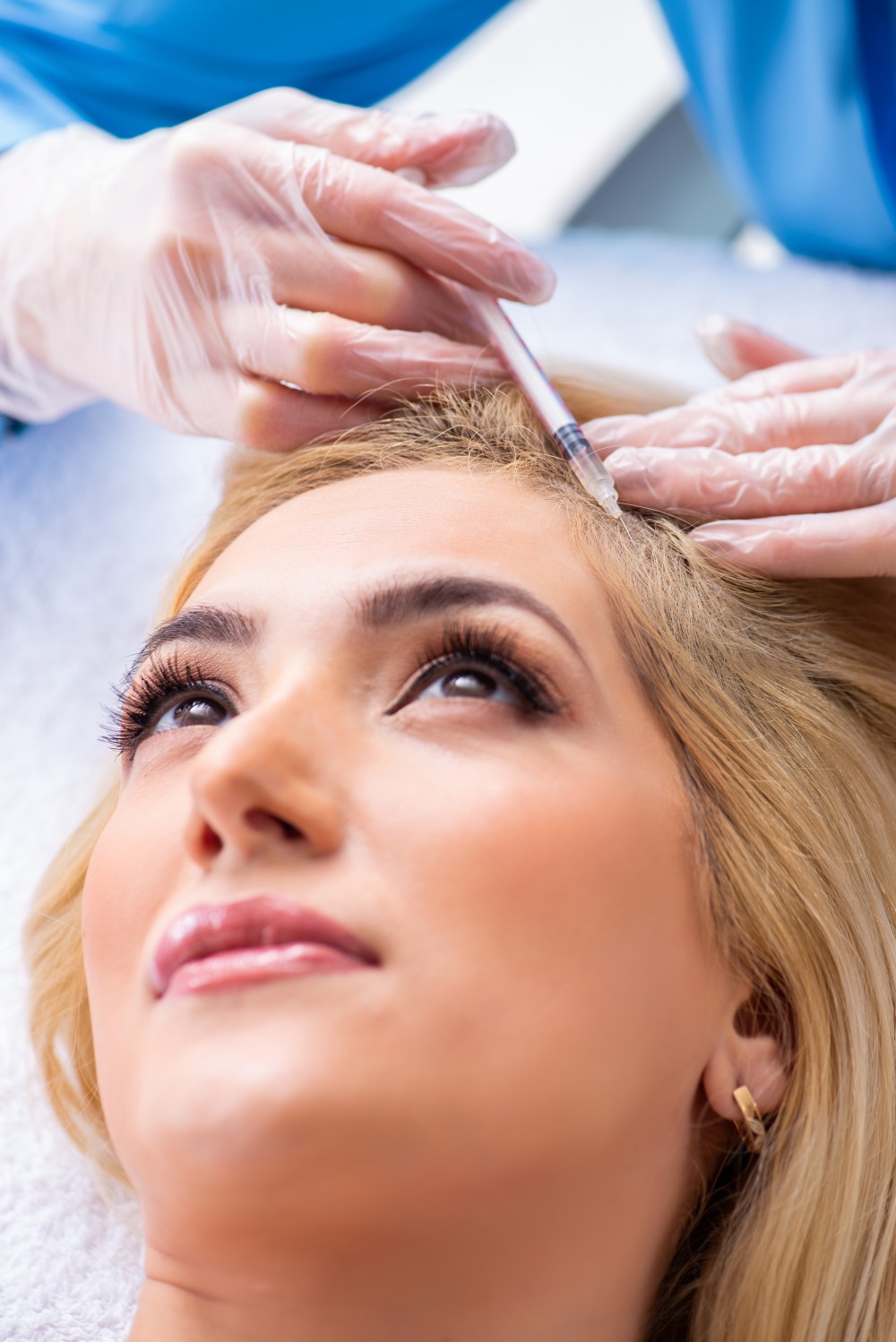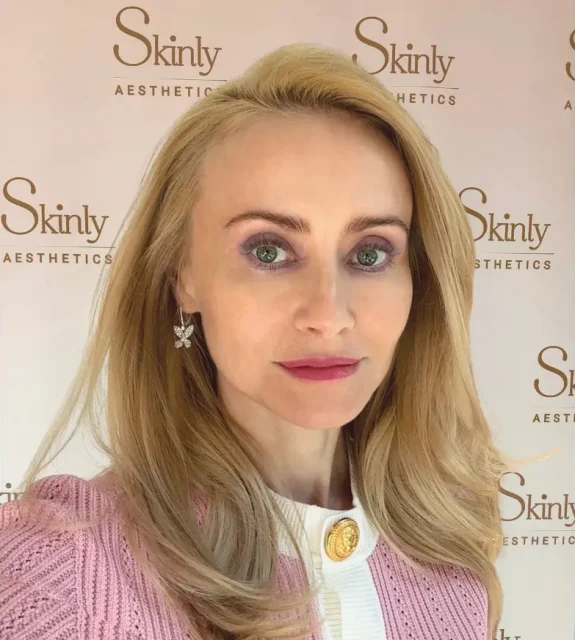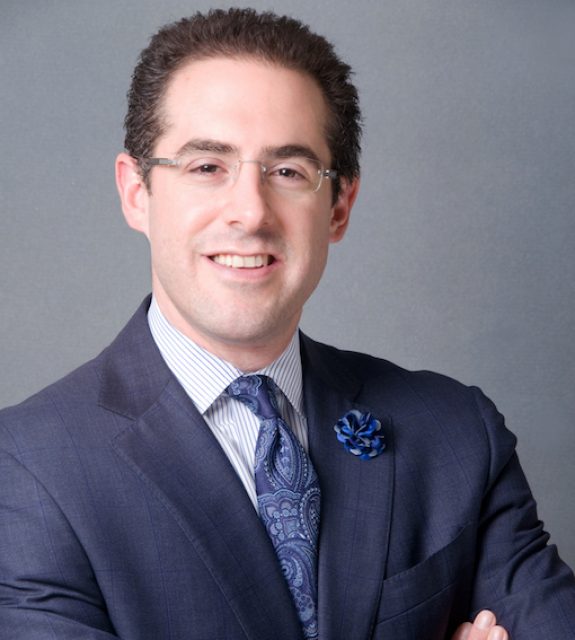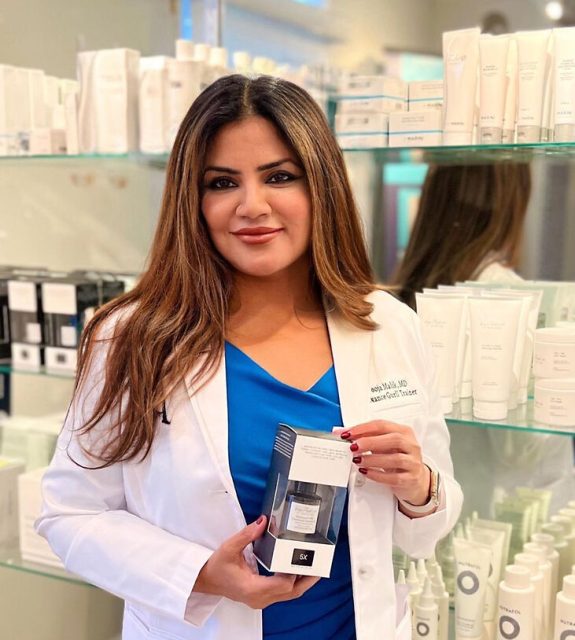Any surgery—elective or not—is not to be taken lightly, and patient safety is of utmost importance. This requires doing a bit of homework before scheduling a plastic surgery consultation so you know the essential questions to ask—as well as the “right” answers you want to hear from your prospective surgeon.
Double board-certified plastic surgeon Dr. Daniel Careaga of Coral Gables, Florida believes the initial consultation is one of the most important parts of the plastic surgery process because, “This gives the patient and the surgeon a chance to get to know each other, and make sure they are both on the same page about the patient’s needs and desired outcomes. The consultation is when the surgeon determines if there are any issues that can affect the surgery and ultimate results—and when the patient decides if he or she feels comfortable putting their appearance and their health in the hands of this physician.” Yet there are some cases when patients leave their consultation with questions they hadn’t considered before or feel uneasy about their interaction with the surgeon, and Dr. Careaga shares his advice for these not-so-uncommon situations.
I met with a surgeon who rattled off a bunch of board certifications, and I have no idea what they mean… What credentials should I look for in a plastic surgeon?
Board certification can definitely be confusing, and Dr. Careaga explains, “A doctor is not required to be board-certified, and completing the extra training and evaluation necessary to become board-certified is voluntary. However, selecting a board-certified plastic surgeon is the only way to be sure the doctor has the appropriate training and experience to perform a surgical procedure.” The American Board of Plastic Surgery is the only recognized board for aesthetic surgeons—and there are no substitutes. “There are many surgeons who will tell you they are certified by the American Board of Cosmetic Surgery, but it’s important to keep in mind this board is not recognized by the American Board of Medical Specialties, which oversees 24 types of specialized medicine,” he adds. When considering a plastic surgeon, board certification from the American Board of Plastic Surgery is the minimum standard—and double board-certification in general surgery and plastic surgery indicates a physician is even more extensively trained. According to Dr. Careaga, “Less than one-percent of plastic surgeons pursue double board-certification, and this is a solid indicator that you are in good hands.”

I had a consultation with a doctor who performs surgery in his office. Is this OK?
Similar to board certification, surgical facilities can voluntarily seek accreditation from several organizations. “In addition to a board-certified surgeon, an accredited in-office surgical suite or outpatient surgical center should be a top priority,” says Dr. Careaga. “This is assurance that the facility is equipped to handle any unexpected events if a problem arises during surgery.” Look for accreditation from the Accreditation Association for Ambulatory Health Care (AAAHC), American Association for Accreditation of Ambulatory Surgical Facilities (AAAASF) or the Joint Commission, which is the organization that oversees hospital operating rooms and has the most stringent requirements for accreditation, according to Dr. Careaga.
I went for a liposuction consultation and I only met the doctor for 10 minutes. He said his nurse could answer my questions—is this normal?
There is no set rule about the amount of time a surgeon is required to spend with a potential patient during the consultation. Yet every case is different, and some patients and surgeons require more time than others to ensure that their expectations are aligned. “A consultation is complete when the surgeon understands the patient’s goals, and the patient feels confident that the surgeon can help him or her achieve them. I never leave surgical questions to support staff. They can handle anything related to finances or scheduling, but any questions that pertain to the actual surgical procedure should be addressed with the surgeon,” Dr. Careaga adds.

I went for a tummy-tuck consultation and the doctor only had three older-looking sets of before-and-after photos to show me. He said he was in the process of updating them, but this seemed a little strange. Should I find another plastic surgeon?
Dr. Careaga says, “Times have definitely changed thanks to social media and websites that review doctors. In the past, word-of-mouth and before-and-after photos were the main tools in the patient’s decision-making process.” But with that said, there’s no excuse for a surgeon not to have a current gallery of photos. “These photos are essentially our portfolio, and it’s important for a patient to be able to find a ‘before’ body or facial feature similar to theirs in order to understand the realistic results that they can expect to get,” he explains. As for reviews, “You can’t take one positive or negative review as gospel. It’s best to look at the overwhelming majority, and if a surgeon doesn’t have many reviews for the procedure you’re interested in, they might not perform it a lot—and this is a reason to move on and look elsewhere.”

I had a breast-augmentation consultation yesterday, and the surgeon told me she’d give me a 20% discount if I scheduled surgery by the end of the week. I liked her, but I feel a little pressured. Do a lot of surgeons do this?
“Surgery is a big decision, and high-pressure sales tactics should never be part of the process,” Dr. Careaga warns. There are many variables involved when deciding if and when to undergo surgery, including taking time off of work, securing help during recovery and getting support from a spouse or other family members. “It is highly unethical for a surgeon or their staff to pressure a patient to schedule a procedure. If a patient feels comfortable with a surgeon and they are ready, they’ll book it.”
For more information, visit Careaga Plastic Surgery's social media:






















